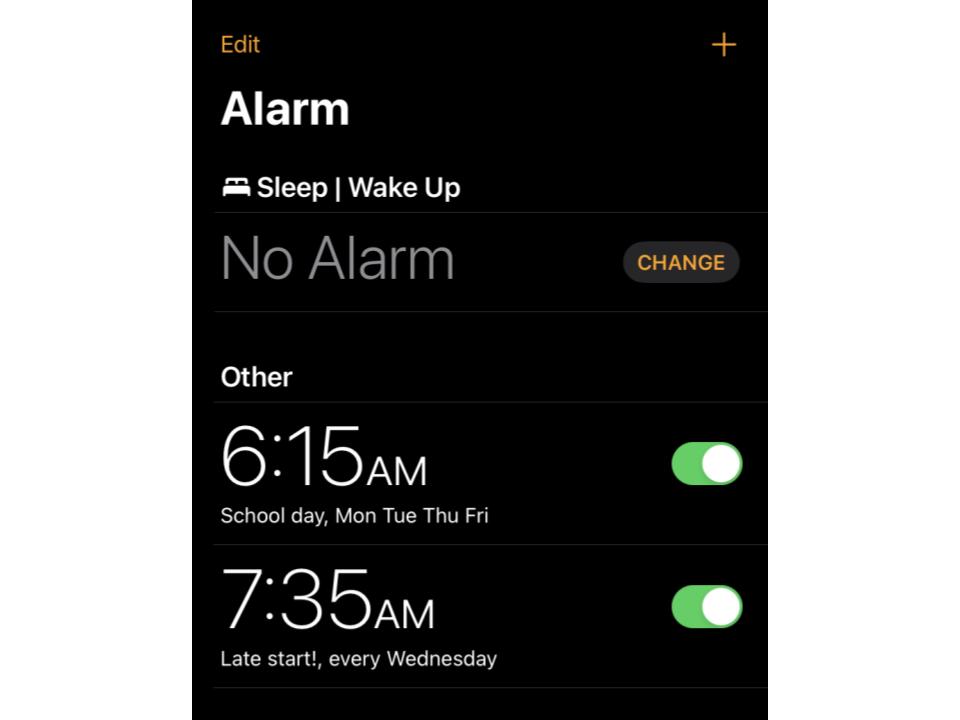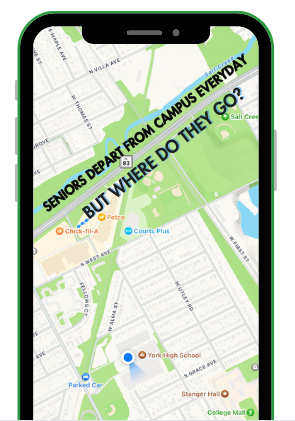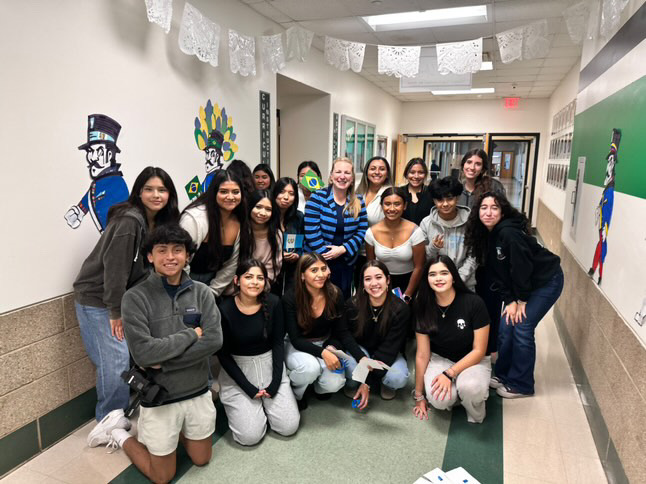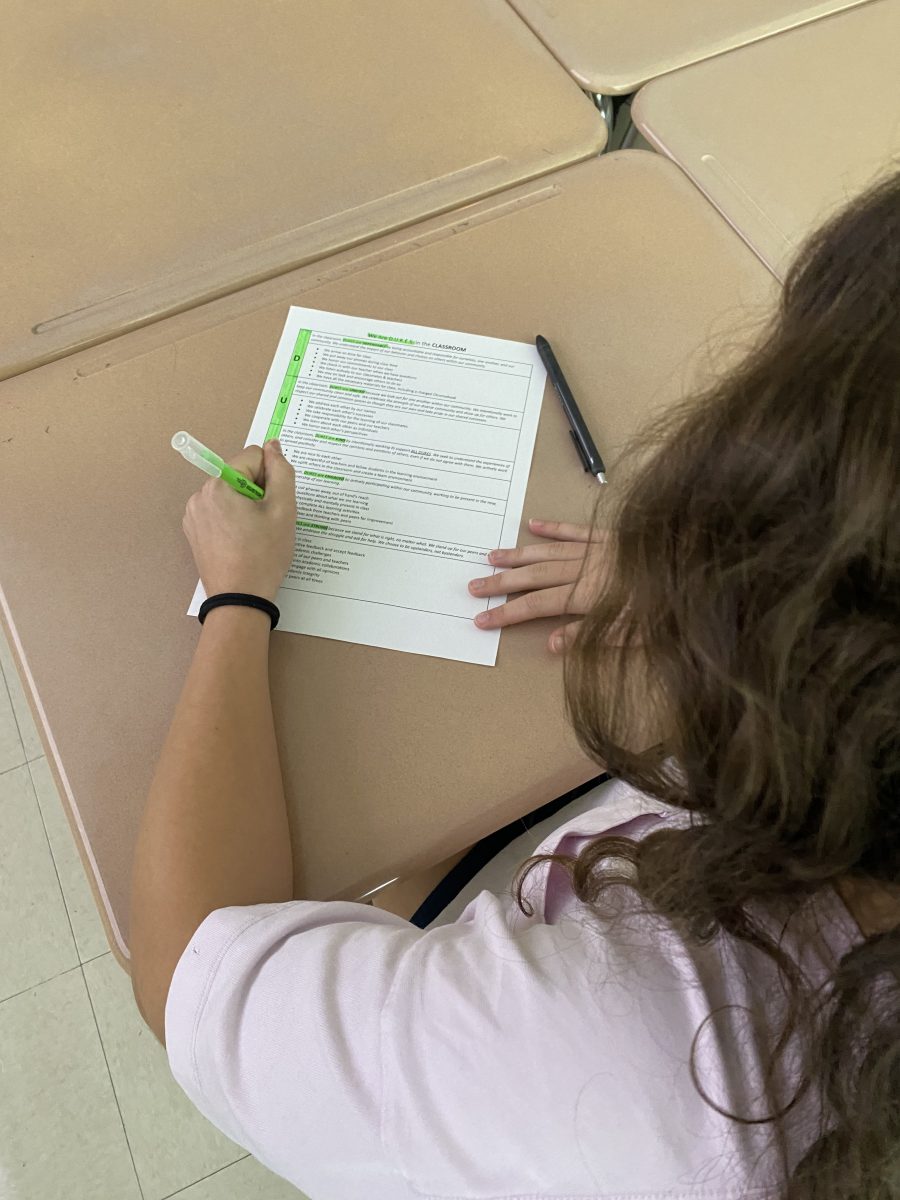The school week of Jan. 15-19 had a late start on not only Wednesday like usual, but also on the Tuesday before due to inclement weather. This made me once again recognize how enjoyable it was to start at 9:25 a.m. opposed to 7:40 a.m., generating thoughts of what it would be like to have a late start schedule every day. Would it really be that much of an inconvenience to cut four minutes out of every class and shorten the passing periods? Hypothetically, we could also adjust the schedule to make electives shorter than core classes or shorten all the classes a bit like other high schools. This would lessen the amount of time in a school day or make room for a later start time. If you ask me, I see more positives than negatives in this proposal.
For one example, Glenbard West and East high schools start school at 7:35 a.m. but end school at 2:35 p.m. Opposed to a late start, those schools have early dismissal on Tuesdays, ending the day at 1:54 p.m. This means that on a regular schedule day, each class is 48 minutes with five minute passing periods, in total taking away an extra 31 minutes from the day compared to our school.
In the state of Illinois, students in grades second through 12 legally only have to be at school for five hours a day, our school exceeding that by two hours and 26 minutes. This is different then our neighboring state Indiana requiring a full seven hours, that being the average time spent at school in the nation. Whether the school day is shortened at the beginning or end, there are many worthwhile effects it would set in motion.
If we were to have a later start time every day, one major appreciation shared by all would be the extra sleep. Even teachers would get to enjoy an extra hour or so of rest, only having to wake up for meetings before school on Wednesdays. Teens need sleep more than people in other stages of life and having a later start time will help them stay focused in class, have enough energy for after school activities and in general, be more motivated for the day ahead.
On the other hand, if the school were to shorten class periods for an earlier dismissal each day, there would be more time after school to spend on extracurriculars which is important in a students life. More time in the afternoon outside of school leaves space to get homework done, be involved in sports, get to-dos done around the house, spend time outdoors and be social with friends and family to name a few.
Most high schoolers have a packed calendar which is difficult to balance, school taking up most of the day. Students are stuck inside and by the time school instituted sport practices end, it’s already dark out. Even subtracting a half hour of instruction could improve the lives of students by giving them time to be kids outside of the school building. These activities keep students active, organized, overall improving students’ mental status. With more time after school you not only can get more accomplished, but you also have time to take a step away from structured learning and give yourself time to relax after a day of school.
Teachers and administrators might argue that with a shorter schedule they won’t be able to fit in all the material students need to learn. On a regular day, I’ve noticed that in multiple different classes the teaching sometimes stops five to 10 minutes before the bell rings. Not all 50 minutes are direct instruction all five days, so if 20 to 30 minutes of class is given as independent work time for the students it wouldn’t take away from the teaching aspect of school.
We are at school for seven plus hours a day, more with after school activities, causing the day to carry on. Everyone knows that exhausted students can’t perform to their best potential. Plus, even when school is out, students can learn and grow in different ways that are equally as important as the material learned in the school building. Of course, altering the schedule is just a suggestion and is not a pressing issue. I am able to see advantages of each side, only naturally I favor one choice over the other. Believe it or not, with a shorter school day students are more likely to enhance academic outcomes and gain self-esteem, furthering the opportunity for learning and overall success. Now, doesn’t that sound like a good plan?

Lingering school days: it would be smart to subtract hours
February 27, 2024














